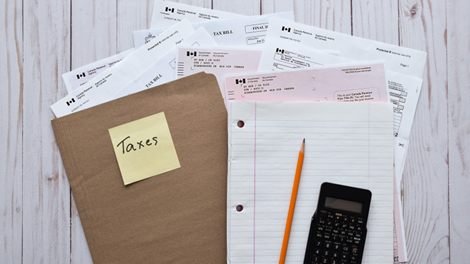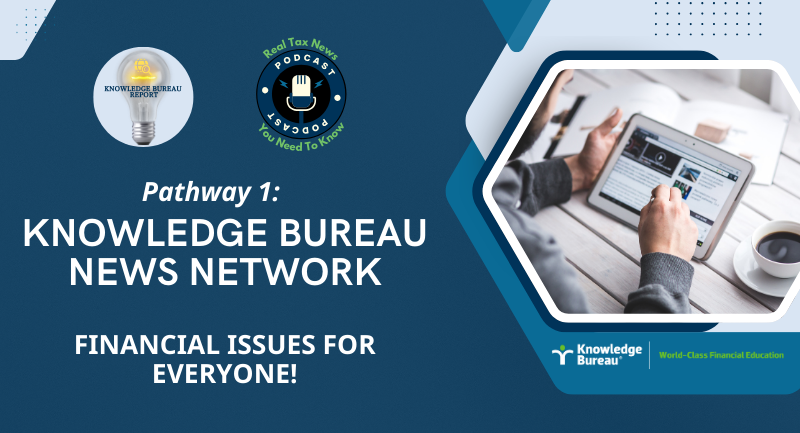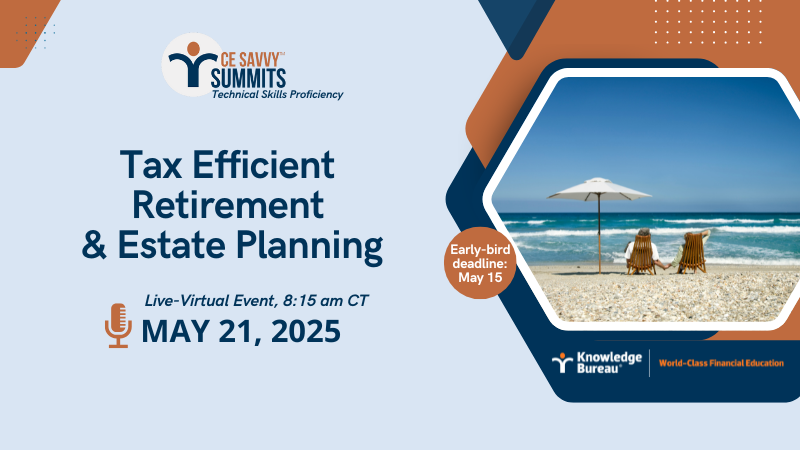Lost Tax Revenue in Canada

Geoff Currier
Almost 100 years ago, notorious gangster Al Capone was finally caught in 1924 – on tax evasion charges. His “crime boss” days came to an abrupt end when he was imprisoned. Earning illegal income, it turned out, was taxable. That’s true in Canada as well. As tax professional what’s your process for uncovering and reporting this income? Consider the following:
Illegal income is taxable: The illicit cigarette industry is one example of how money is made from illegal sources or from legal sources which go unreported. There are dozens of others, ranging from the illegal drug trade and human trafficking to the local small underground economy of a person being paid in cash to perform some home repairs for someone and thus avoiding paying tax on that income.
Lost Tax Revenue Matters – Sin Taxes Included: One example of lost tax revenue is in the area of tobacco sales. To illustrate the point, we’ll first look at the legal tobacco trade. Here’s what Statistics Canada tells us:
“Canadian manufacturers produced 977 million cigarettes in February 2025, down 9.7% from January 2025. Cigarette production was 24.0% lower compared with February 2024.
In February 2025, the total number of cigarettes sold decreased 3.9% to 817 million from January 2025. The level of sales was 18.8% lower compared with February 2024.” This sounds encouraging. It appears that the government’s anti-smoking strategies are paying off in spades.
But here’s what those figures don’t reveal: there is a massive underground tobacco industry in Canada and the production and consumption of the illegal cigarettes are not counted by StatsCan in their tobacco consumption numbers.
In 2023 the Convenience Industry Council of Canada commissioned a 72-page report suggesting that the governments of British Columbia, Ontario and Newfoundland and Labrador lost up to $2.47 billion in tax revenue over a four year span thanks to the production and sale of illegal smokes.
The report suggests that Illegal cigarette sales could comprise up to 67% of Ontario's total tobacco market, 45 per cent in B.C. and 44% in Newfoundland. It’s important to note that these are broad estimates and are presented by convenience stores which have a vested interest in limiting the illegal trade.
Law enforcement acknowledges that when taxes on legal tobacco reach a certain level that the law of unintended consequences kicks in and the underground economy thrives.
As for who is producing and profiting from the contraband, the report states “Organized crime groups exploit this demand with low-cost cigarettes manufactured on reserve, and then traffic these products to non-status individuals."
Cheating the System: While you are preparing your client’s taxes for 2024 or perhaps have already done so, the people involved in this trade pay no tax at all. How serious is the problem? According to StatsCan “illegal production/smuggling of cigarettes by unlicensed manufacturers is regarded as the main source of tax loss in relation to federal excise duties, taxes, and other specific levies in Canada”
A carton of legal cigarettes can run anywhere from around $140 to $180 or higher. Prices vary across the country. 70% of that price is tax. A carton of contraband will cost $30-$40 on reserve and $40-$50 off reserve.
Every purchase of an illegal cigarette deprives the government of tax revenue. Further, it assists in the operations of organized crime. When you purchase these cigarettes, you are breaking the law.
The RCMP estimates that there are about 175 criminal gangs in Canada which deal with illegal tobacco products.
These cigarettes are generally manufactured on reserve, which is a legal activity. It only becomes illegal once there is an intent to sell to either someone who is non status or off reserve. Law enforcement has been reluctant to too strictly enforce the law on reserve.
The Bottom Line: The overwhelming majority of Canadians file their taxes in an honest manner. Compliance is believed to be 90% at the personal level. But there are those who do not comply. The criminal or underground economy in Canada costs governments at all levels billions of dollars in lost tax revenue each year.
When working with your clients it is imperative that you ask explicitly if they have declared 100% of their income and expenses or if there is something they have omitted telling you. This is for your protection as much as theirs. Should CRA decide to audit that client’s return and discovers unreported income, you may be blamed for submitting a false return. Penalties can be severe.
Stay tuned weekly to Knowledge Bureau Report for continuing coverage of breaking tax and economic news and tune in to a new podcast- Real Tax News You Can Use with Evelyn Jacks: podcast@knowledgebureaureport.com